Seeking Sweetness in South Africa: A Basic Primer
 Saturday, May 23, 2009
Saturday, May 23, 2009
One of the most interesting aspects of discovering a culture is discovering how--and what--they eat. What flavors are commonly used? What are their native ingredients? What are the regional specialties? And most importantly, what's for dessert?
 On a recent batch of emails with South African CakeSpy reader Sophie, she not only gave a tip on a shops to pick up cute cupcake pincushions (Delagoa African Arts and Crafts), but also paused to discuss what kind of sweets they like to eat there. Cupcakes, it turns out, haven't hit in the same way they have in the US (yet), but sounds like they've got plenty of other delicious sweets to keep them busy--thanks again to Sophie, who gave the 411 on the dessert scene in South Africa:
On a recent batch of emails with South African CakeSpy reader Sophie, she not only gave a tip on a shops to pick up cute cupcake pincushions (Delagoa African Arts and Crafts), but also paused to discuss what kind of sweets they like to eat there. Cupcakes, it turns out, haven't hit in the same way they have in the US (yet), but sounds like they've got plenty of other delicious sweets to keep them busy--thanks again to Sophie, who gave the 411 on the dessert scene in South Africa:
With our 11 official languages (and those are just for indigenous languages) and a myriad of other cultures (Chinese, Portuguese, Bulgarian, German and other African nationalities) it is difficult to pin-point what desserts South African as a whole enjoys. So I’m sure you’ll understand if I can only tell you what my own South African culture (Afrikaans) enjoys!
The Afrikaans culture has its roots in the Netherlands and France, as most of our ancestors came from there during the late 1600’s early 1700’s. So many of our desserts show (I think!) similarities to those countries.
But firm favourites are:
· Melktert (loosely translated to Milk tart) is especially nice and creamy and it’s a firm favourite on Sundays or at parties; here is a recipe. I have a recipe from my great-grandmother that I’m dying to try still and most Afrikaans families will have recipes for this that go back many generations.
· Malva pudding is a unique South African dessert (it’s to die for!) and it almost tastes like a brandy pudding, but just much, much better. Here is a recipe.
· Koeksisters are a very, very sweet but extremely popular syrupy-coated doughnut in a braided shape and I usually can’t have more than 2 (or 3, or definitely no more than 4!). Read more about them here--also, check out the "Koeksister Monument" here!
· Melkkos (which loosely translates to Milk Food and does not sound all that appetizing) is lovely as a dessert or as a meal, especially on a cold winters’ night. It’s quick and easy and you only need 4 ingredients: milk, flour, butter and cinnamon.
What about cakes, you ask? Well, reports Sophie:
On the cake side I’m actually not to sure what would be “typical Afrikaner” cakes ... I know we love Black forest cake, carrot cake and chocolate cakes but I’ve actually never really thought about what would be the uniquely South African cakes. Now I’ll never rest until I know!
 africa,
africa,  regional specialties
regional specialties 








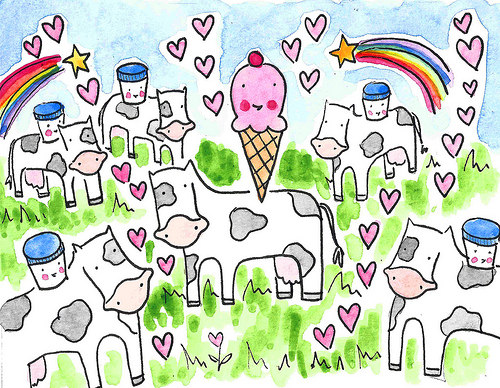
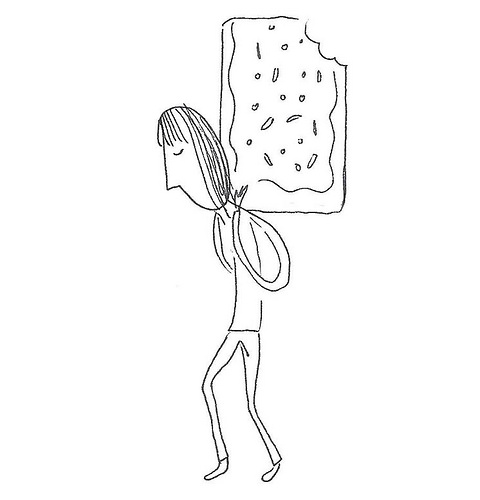


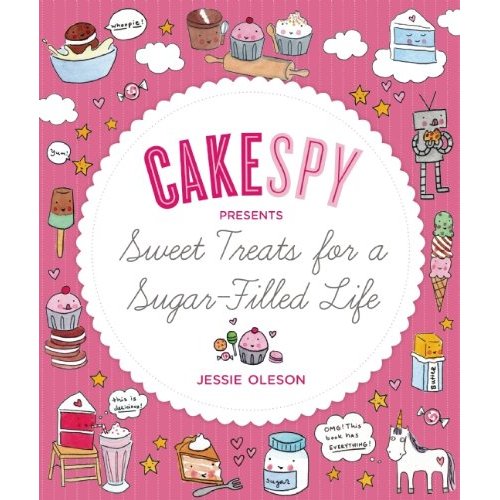
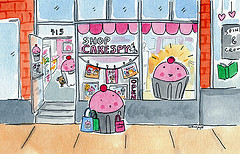

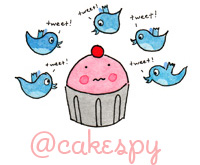
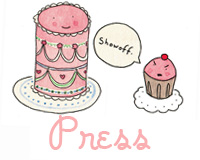


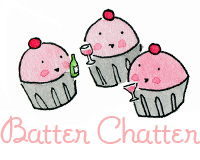

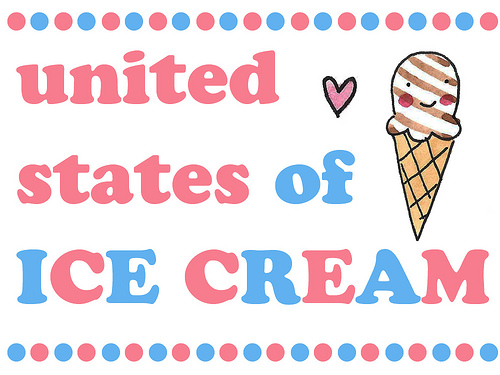



Reader Comments (8)
Wow! Really interesting an unusal... I would love to try all of those desserts, so different. Thanks for sharing :-)
Mmmm I'd love to have a chance to try them all! I don't know much about South African desserts, unfortunately.
Yum...I'd love to paint a picture of a koeksester...all that twisting and glazing! Sort of like a cruller but with more loft? ;-)
Fantastic post! Heading over to check out the recipes now. Thanks!
~Laura
hi :) i am another regular cakespy reader, also from south africa!! so it was the most wonderful surprise reading this post this morning with my coffee. it's funny to think that people in other countries don't have these desserts on a regular basis, you are definitely missing out :) but then, we don't even have ben & jerry's or starbucks out here, so we have to make up for it somehow :)
love your blog jessie, thanks again for the lovely post ♥
Very interesting, and something I'd like to know more about. Local sweets are often influenced by tradition, and availability of ingredients, of course. I'd like to give the "milk tart" a try.
Oh hooray, another south african here, and what a joy to see all my childhood favourites getting a mention. Thank you cake spy!
I'm trying to think of the cakes and bakes we were raised on, should any spring to mind...I'll be back.
what a great surprise to see a South african commenting, and made me long for home (as am in the UK), may have to bake a melktert this weekend. thank you for the great blog.